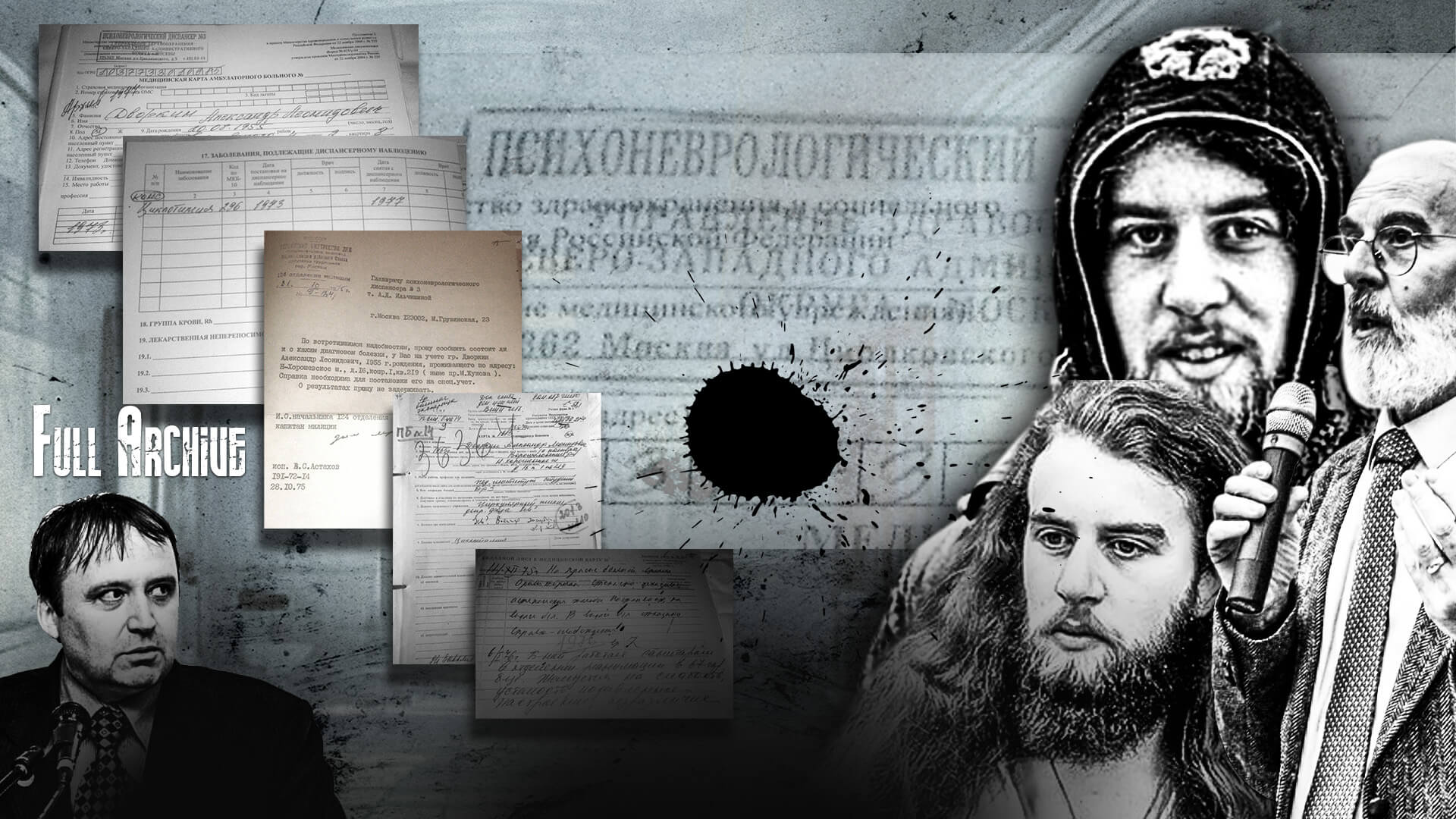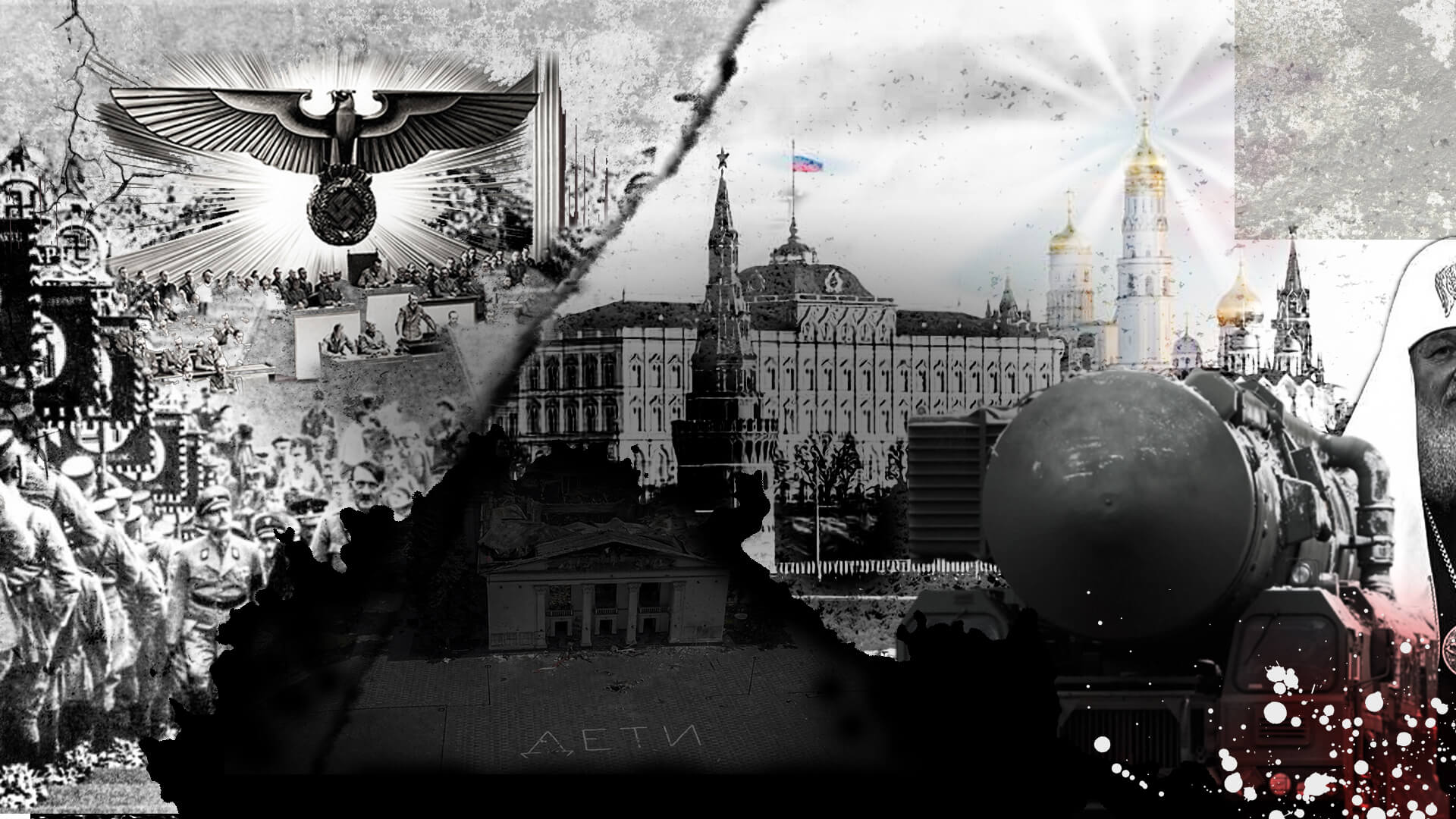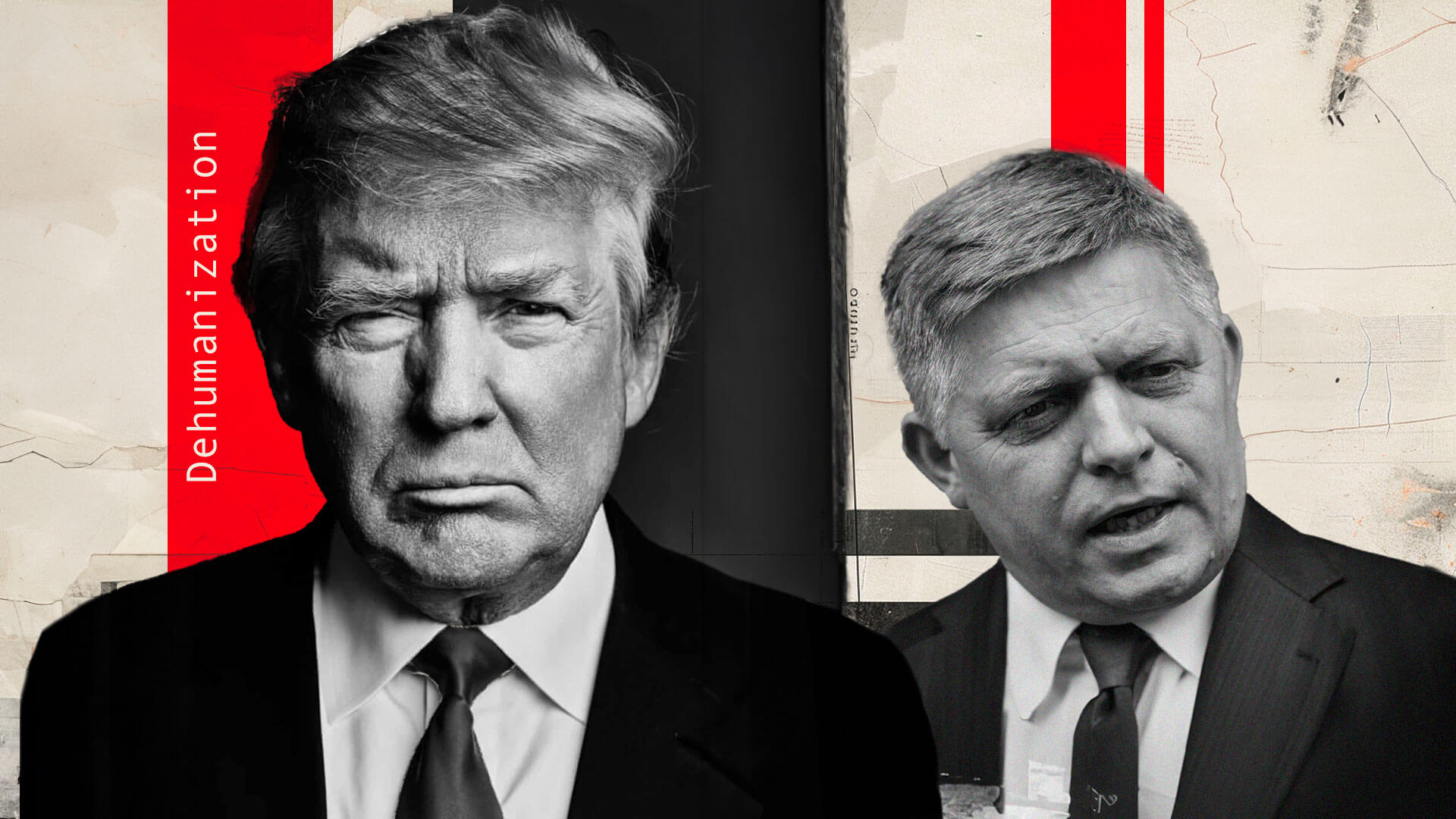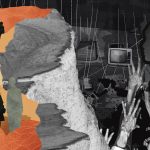In September of this year, we received an archive of scanned documents via email, suggesting that in the 1970s, Alexander Dvorkin, Russia’s leading anticultist and president of RACIRS (the Russian Association of Centers for the Study of Religions and Sects), was under observation at a psychoneurological clinic in Moscow with a diagnosis of cyclothymia. Before deciding to publish them, we spent time verifying the authenticity of the documents and analyzing their origins. We might not have considered publishing those materials within the framework of our investigation of anticult terrorism if it weren’t for Dvorkin’s recurring attempts to evade accountability through distorted lies and counter-intimidation of his opponents.
What stands out is that, in Russia, Dvorkin was permitted to defame tens of millions of people and subject them to punitive judicial measures. Yet, when individuals defending themselves against his abuses release authentic documents about Dvorkin’s mental health during his youth, they are accused of violating the law. According to Dvorkin, publishing such materials constitutes a breach of legal norms.
Remarkable events unfolded in Russia during those times, and even today, much of it defies logical explanation. For over 20 years, a man with pronounced signs of a personality disorder evaluated, humiliated, and condemned people he had never even met. Dvorkin seemed to believe he wasn’t obligated to face those he dehumanized by labeling them with the shameful tag of “sectarian” or “cultist.”
We genuinely do not know who found and released those documents, but we suspect it was more an act of desperation than revenge — a call to draw public attention to the total lawlessness being perpetuated by a mentally sick individual. For his part, Dvorkin perceived that as a campaign to discredit him and threatened retaliatory measures against a broad list of individuals he deemed suspects. Those included representatives of Scientology, neo-Pentecostals, Hare Krishnas, occultists, Moonies, political opposition members, and participants in various sects, cults and pseudo-Orthodox schismatic groups. 1
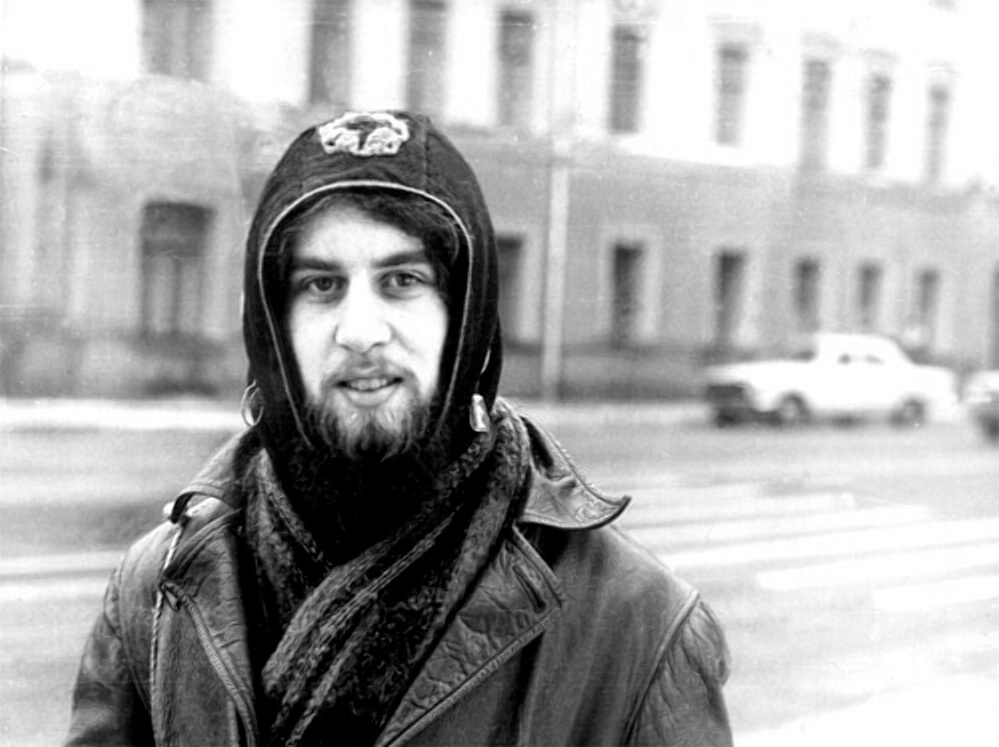
Now, let’s add a bit of historical context. In 2014, someone leaked online a large archive of scanned medical records related to Alexander Dvorkin, indicating that he had been under medical supervision at a Moscow psychoneurological clinic between 1973 and 1977 with a diagnosis of cyclothymia. Various articles on this subject appeared in the media 2, 3, 4.
It is noteworthy that cyclothymia is a mild form of bipolar affective disorder (BPAD), historically referred to as manic-depressive psychosis. Furthermore, cyclothymia is often considered a “delicate diagnosis”: due to considerations of medical ethics, it is commonly used to describe any manic-depressive disorders, regardless of specific form or severity. Cyclothymia also encompasses personality disorders of a cycloid nature.
Dvorkin “does not comment on fakes”
A press release signed by Alexander Korelov, an attorney representing RACIRS 5, contains the following phrase: “This information is untrue, and the ‘medical records’ published on various websites are fake.” Such statements are typically made only after thorough verification. However, when offered to verify the authenticity of the documents, Korelov responded: “I have no need to do that because I already know they’re fake. I know Dvorkin and his biography perfectly well.”
The mention of Alexander Dvorkin’s biography caught our attention, and we contacted Yevgeny Mukhtarov, its compiler and RACIRS press secretary. Mukhtarov confirmed that “there were no such hospitalizations or diagnoses,” and “Alexander Leonidovich himself asserted that he does not comment on fakes.”
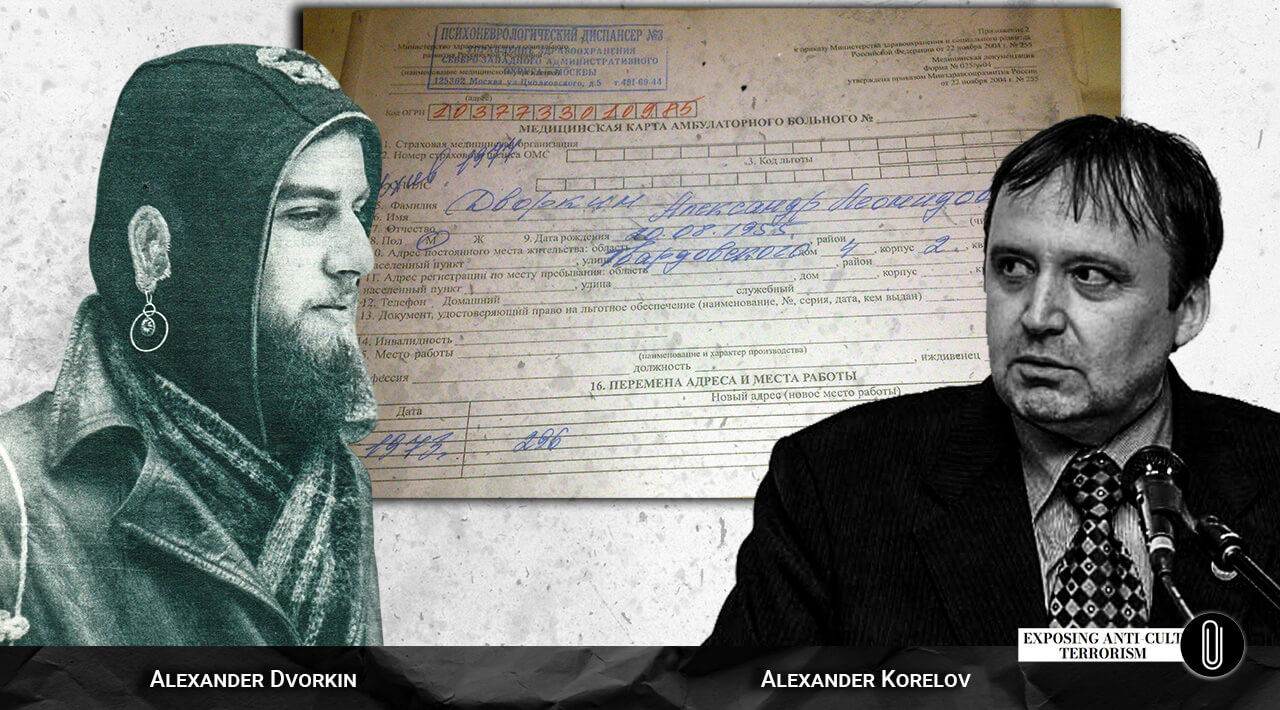
The initial response from RACIRS seemed like a blatant cruel mockery. However, over time, public curiosity was growing, and Dvorkin, as the chairman of the Expert Council on State Religious Examination, was compelled to answer those questions.
Ah, those weren’t really fakes!
In an interview with the Orthodoxy.ru website, Alexander Dvorkin stated the following:
“So, are you saying it was voluntary?” (the journalist’s question)
“Absolutely! I simply underwent what is called a medical check-up and, as a result, was exempted from military training — and, therefore, from army service. For that, I had to spend the required month in the hospital’s examination ward. In the publications you mentioned, it is claimed I spent a ‘long time’ there, receiving treatment. That’s nonsense of course. I was there for a month, which was a standard period for an examination back then, and I was discharged without delay.” 3
However, facts are far more persistent than Alexander Dvorkin’s fantasies. According to his outpatient medical records, he was under psychiatric observation from 1973 to 1977 — a whole four years. His medical observation history was interrupted by his departure from the USSR, followed by immigration first to Israel and then to the United States. A detailed medical summary reveals another interesting fact: in his youth, Dvorkin used drugs, inhaled stain remover, smoked cannabis, and even attempted self-harm by slitting his wrists. In any case, when discussions shift from statements regarding fakes to a more defensive and self-justifying tone, medical documents should be considered authentic.
Many questions remain unclear. How could a man with such a diagnosis become the Chairman of the Expert Council on State Religious Examination at the Ministry of Justice of the Russian Federation? How did he manage to continue his work in the council after his medical records had been made public? How, after the disclosure of those documents — given his apparent extremist activities that incite interfaith discord and his questionable reputation — did he retain his positions as President of the Russian Association of Centers for the Study of Religions and Sects (RACIRS), Vice President of the international anticult organization FECRIS, and Vice President of the Dialogue Center?
The answer is pretty obvious: Alexander Dvorkin must have been serving someone’s interests.































Now, we again post the documents already published earlier in the article “Stigmatization: Method That Leads to Genocide.”

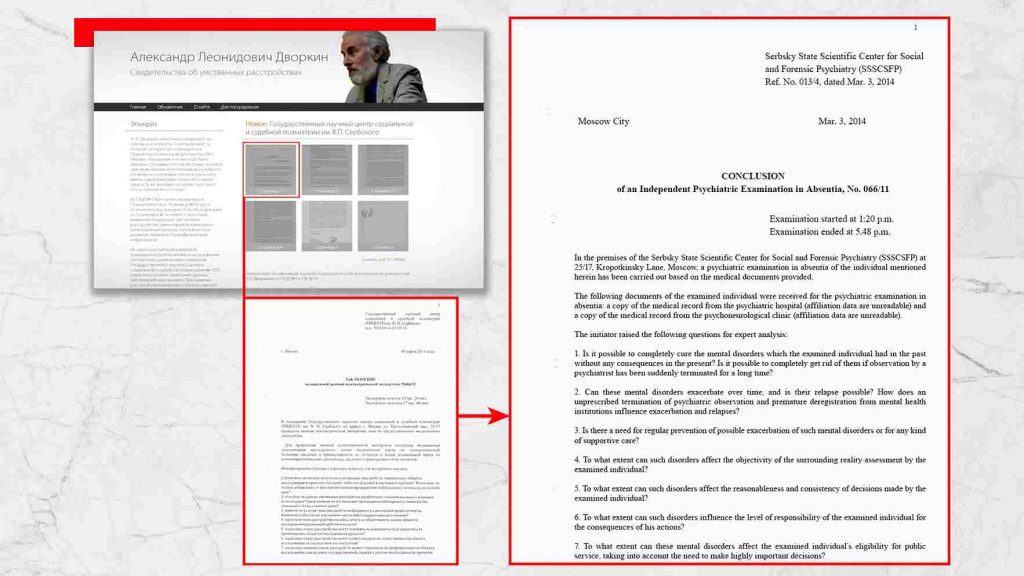
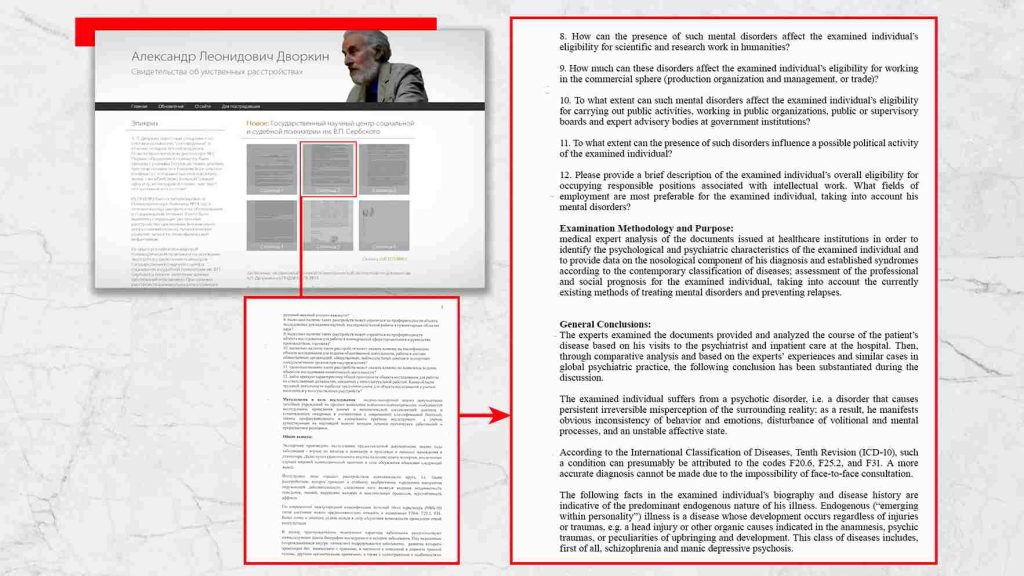
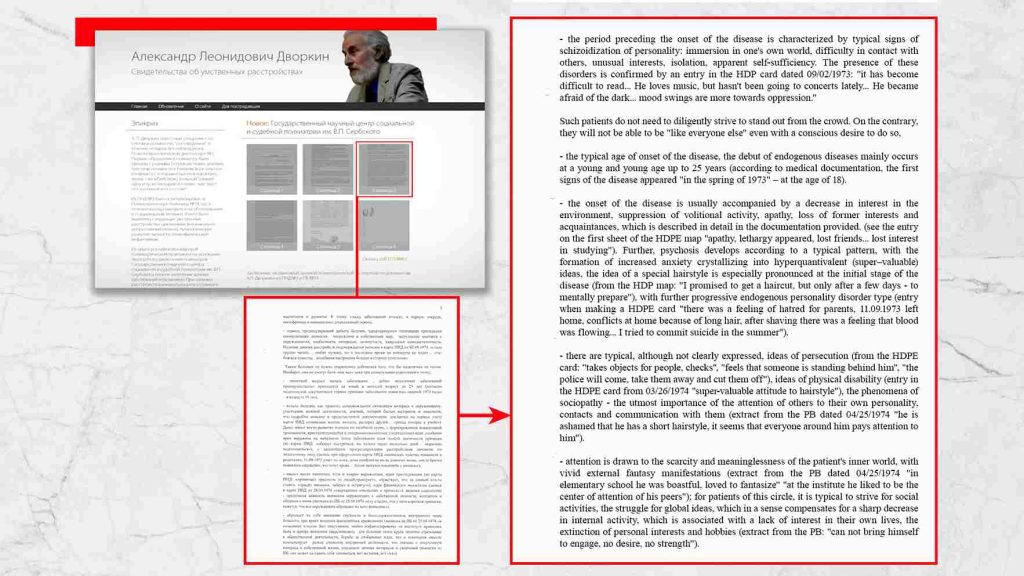
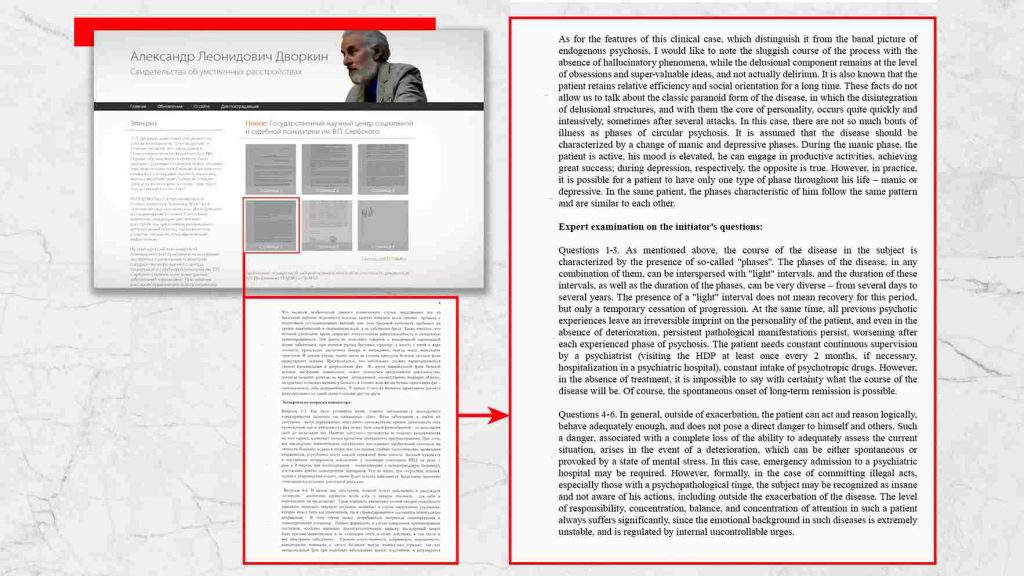
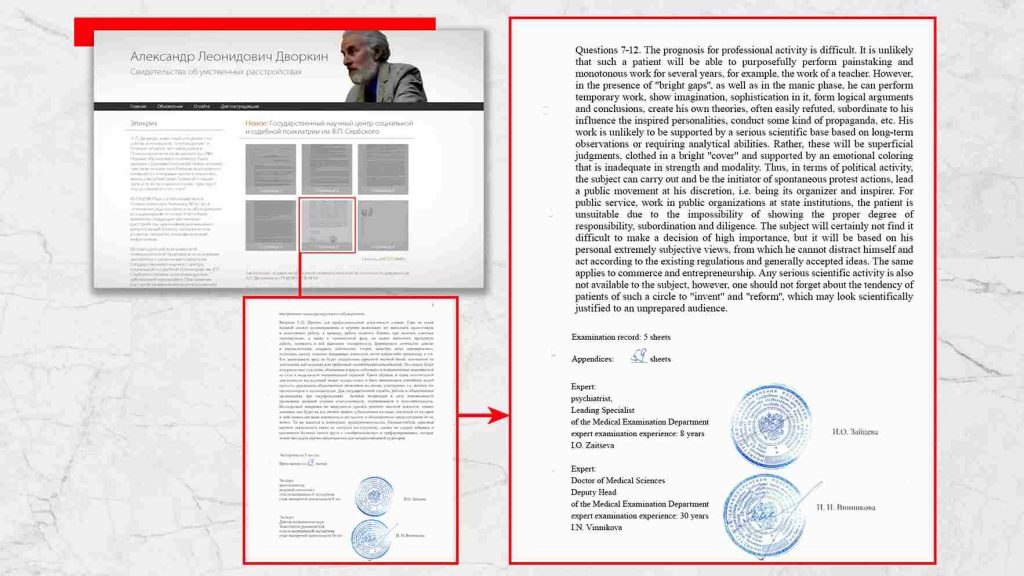
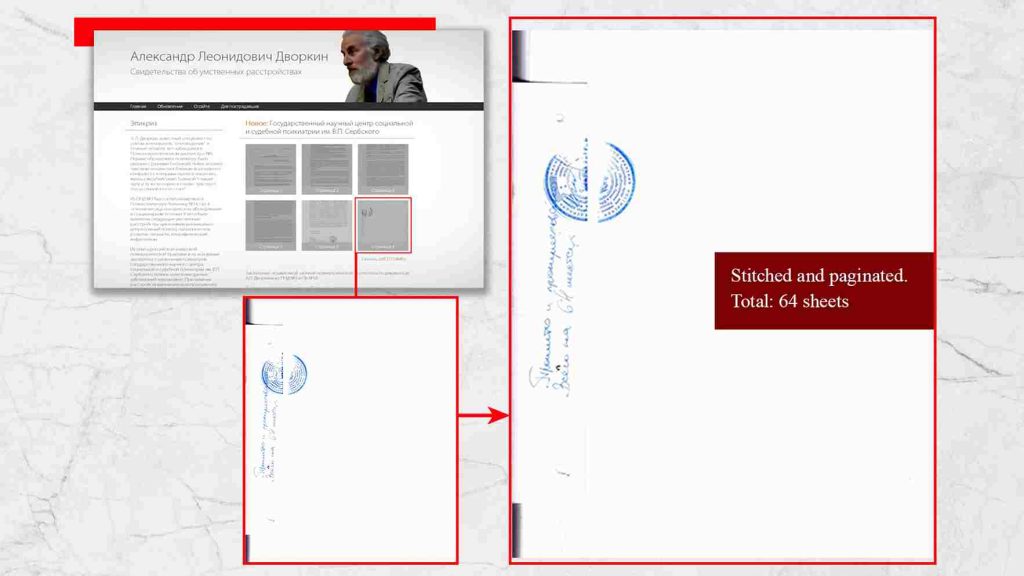
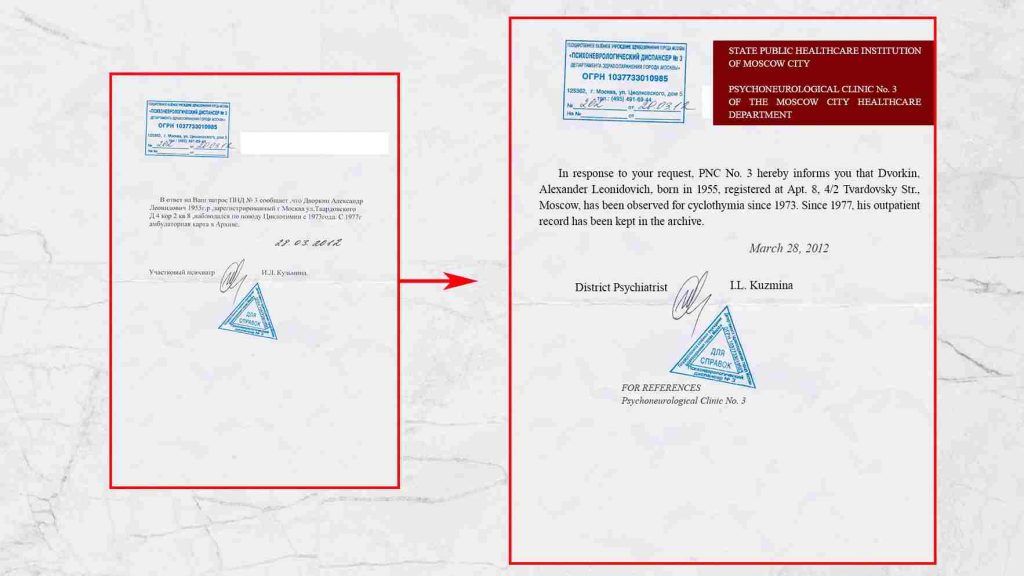
Sources:
1. https://www.mk.ru/social/2014/05/15/glavnomu-sektovedu-rossii-postavili-psihiatricheskiy-diagnoz.html
2. https://www.ng.ru/politics/2014-06-04/100_dvorkin.html
3. https://pravoslavie.ru/71167.html
4. https://golosislama.com/news.php?id=24080
5. http://www.patriarchia.ru/db/text/254415.html
